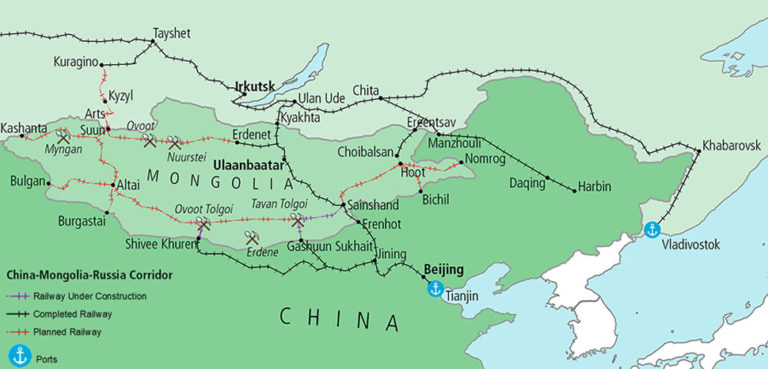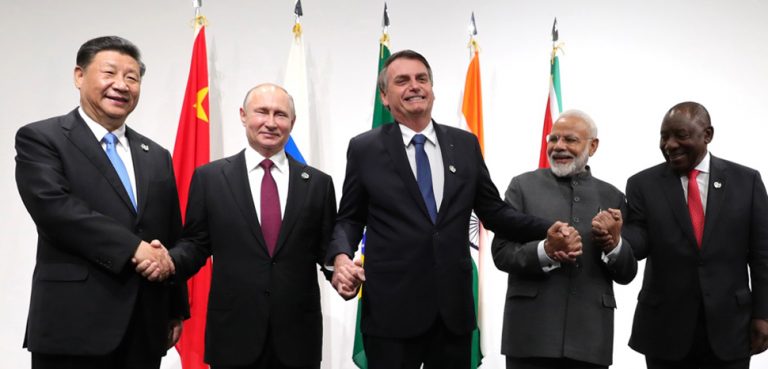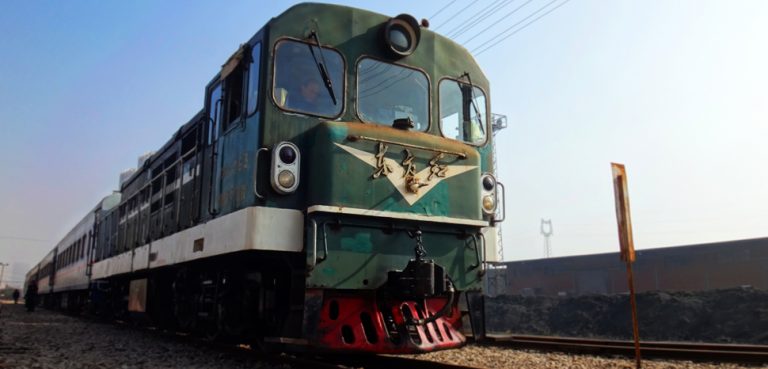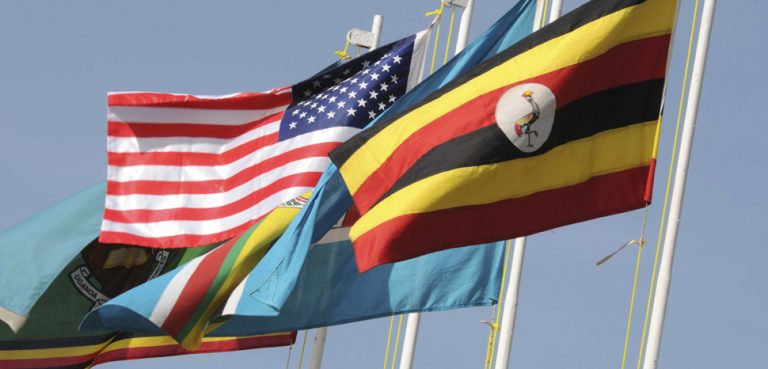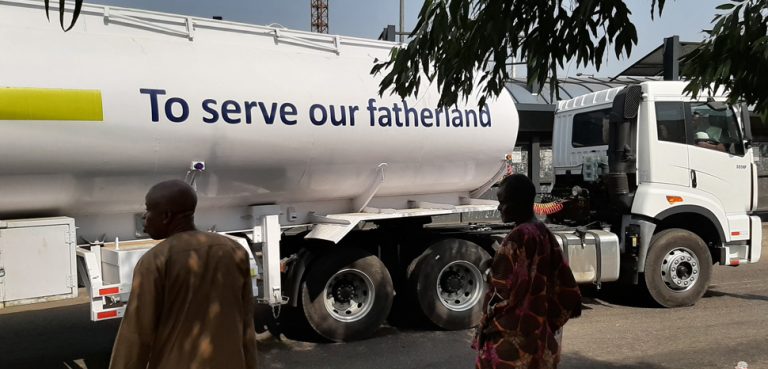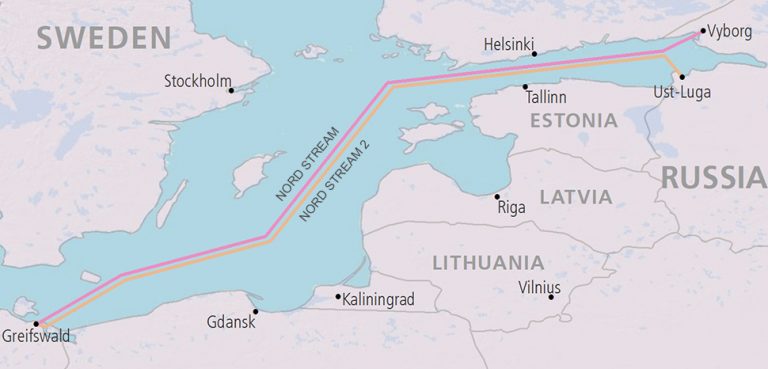Energy Security
Testing Europe’s Mettle: The EU’s Raw Materials Alliance
Is the EU’s quest for self-sufficiency in key raw material inputs a case of wishful thinking?
Backgrounder: Geopolitics of the Eastern Mediterranean Conflict
Who is backing who in simmering geopolitical tensions over energy deposits in the Eastern Mediterranean?
Belt and Road: China-Mongolia-Russia Corridor
An overview of the China-Mongolia-Russia corridor, one of the main economic conduits envisioned by China’s Belt and Road Initiative (BRI).
How the COVID-19 Pandemic Undermines the Role of BRICS
If COVID-19 relief was BRICS’ time to shine, he bloc has yet to rise to the challenge.
Backgrounder: Bangladesh-China-India-Myanmar Corridor (BCIM)
An overview of the Bangladesh-China-India-Myanmar corridor, which through to 2020 remains the most hypothetical of all of Belt and Road's regional spokes.
While Washington Sleeps, China Continues to Make Inroads in Africa
And the real winner is ultimately the Chinese economy.
Backgrounder: Nigeria’s Energy Security Dilemma
Security and development deficiencies lurk behind many of the factors that are keeping Nigeria’s energy sector from realizing its considerable economic promise.
Nigeria’s Gas: Relief or Redux for the Resource Sector?
A global crisis – this time the COVID-19 pandemic – has once again underscored the dangers of Nigeria’s economic overreliance on oil.
LNG Imports and New Supply Challenge Russia’s Hold on European Gas Market
LNG imports and Azeri pipelines look set to lessen Europe’s dependence on Russian supplies, potentially limiting Moscow’s political and economic influence over the region.
Backgrounder: The Water Crisis in Crimea
Exploring the economic, environmental, and geopolitical dynamics surrounding the ongoing water crisis in Crimea.



